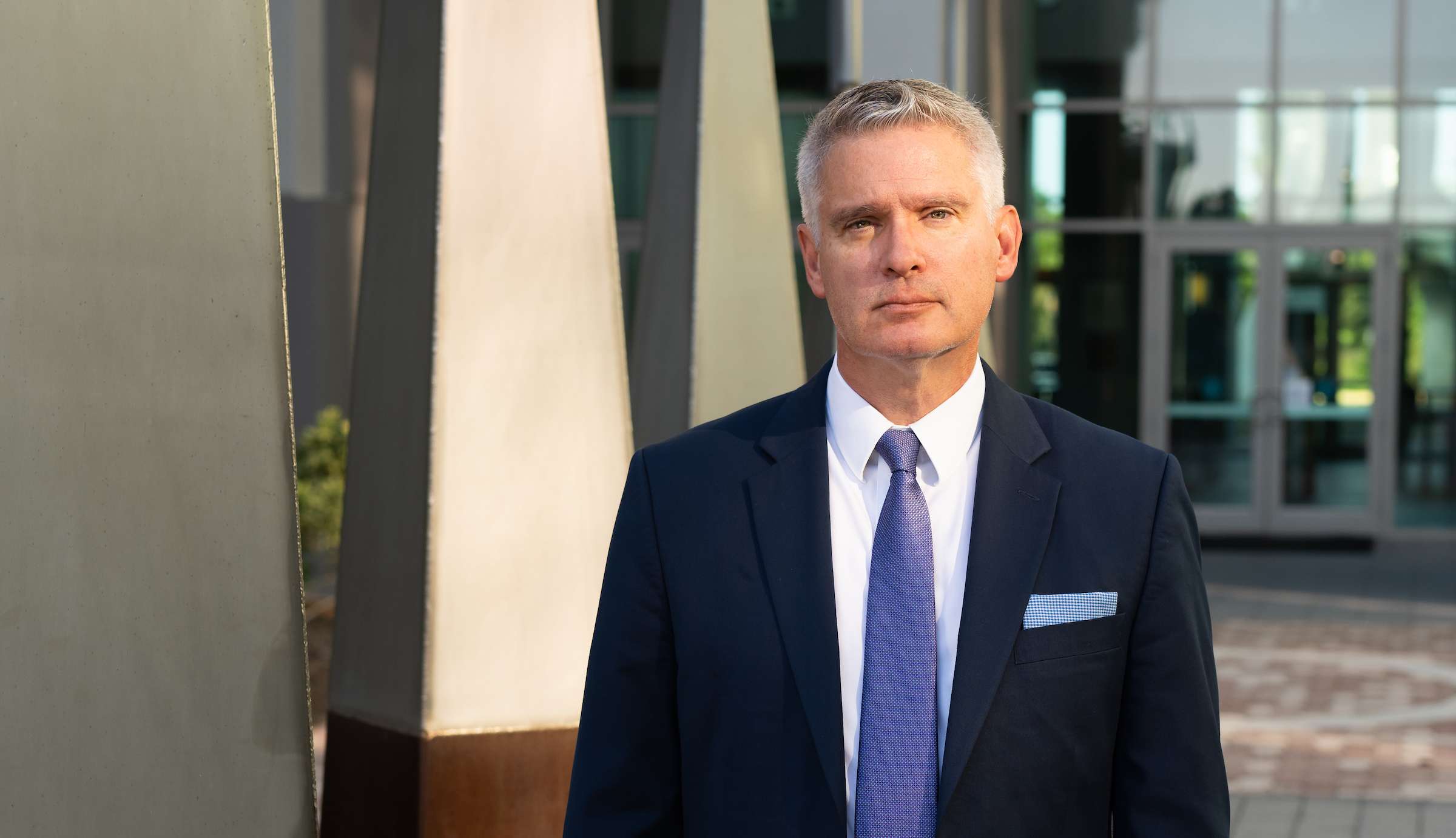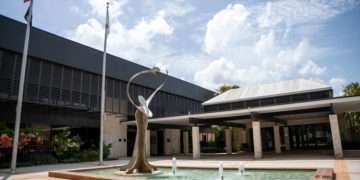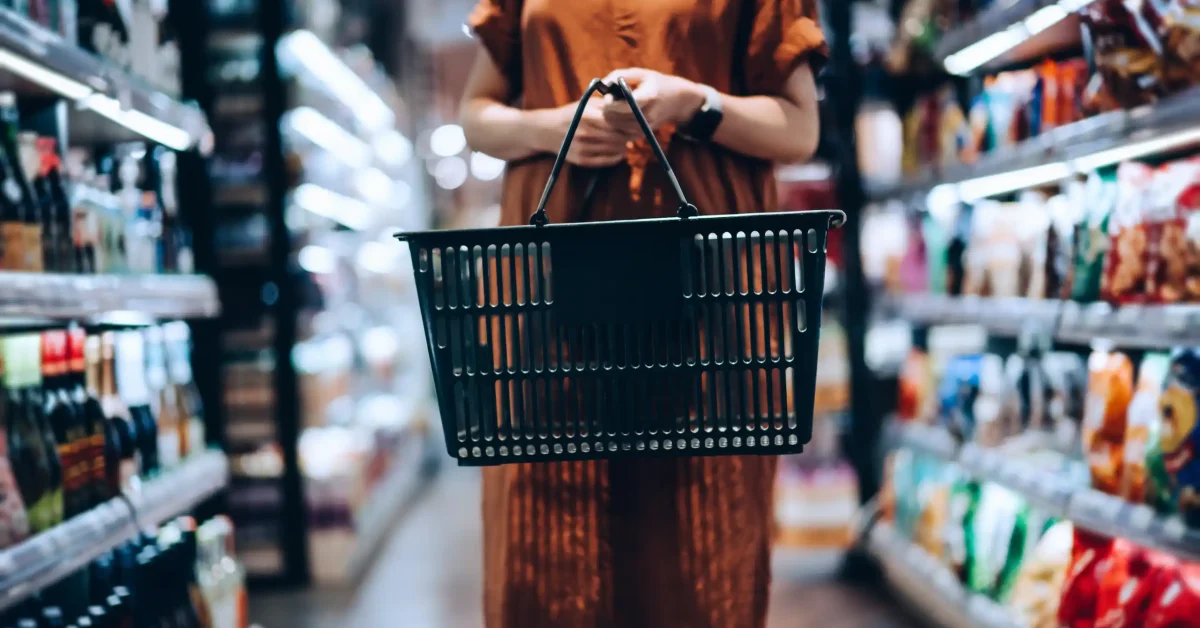Everyone who has taken a basic course in economics knows that an increase in demand for a good drives its price up. And in such circumstances, the price of that good serves valuable social functions.
First, the price serves a valuable rationing function in the short term. Potential buyers must weigh more seriously whether or not they really need and want that pricier good that’s now relatively scarce because of the surge in demand. A politician might try to tell you not to buy more than you need, but a higher market price practically guarantees that you won’t.
Second, the higher price provides a clear and powerful incentive for current sellers — and even would-be sellers — to get busy and bring even more of the good to the market than they otherwise would at lower prices.
In short, a demand-driven price increase encourages conservation on the part of potential buyers while it encourages current (and potential) sellers to leap into action and provide more. It’s remarkable: Prices encourage people on both sides of the market to do exactly what society needs: to supply more (sellers) and to not hoard what you don’t really need (buyers).
But Florida’s anti-price-gouging law — perhaps with noble intentions — brings out the worst in people, leaving us with empty shelves and closed gas stations during declared states of emergency.
According to Florida Statute 501.160, it’s unlawful to significantly raise the price of essential goods and services once a governor has declared a state of emergency. The law is ambiguous: The statute doesn’t commit itself to a clear standard like what sort of a percentage increase would be considered “gouging,” instead simply stating that increases cannot be “unconscionable.”
And because Florida attorneys general set up and promote hotlines to report alleged price gougers, firms that raise prices face investigation. In the wake of hurricanes Helene and Milton this year, Florida media reported that the attorney general’s office was investigating 160 alleged incidents.
Perhaps the most embarrassing episode in recent years occurred when Florida’s governor declared a state of emergency during the May 2021 Colonial Pipeline ransomware attack. While the cyberhackers forced the company to halt all operations, 90% of Florida’s gas came from sources besides the pipeline. Colonial served just a few cities in the panhandle including Tallahassee and Panama City.
Nevertheless, for reasons that remain unclear, the governor declared a state of emergency throughout Florida — including places such as Southwest Florida that were not dependent on the Colonial Pipeline at all.
What did we get here, though? Gas station lines and empty pumps. Even though there was no reason to fear a supply disruption.
So why did our friends and neighbors run out and hoard gas even when there was no need to? I think there were two reasons.
 First, by declaring a statewide state of emergency, the governor likely scared local residents into buying gas immediately rather than in the normal routine of their week. After all, most of us don’t take the word “emergency” lightly. We panicked because someone suggested there might be a reason to.
First, by declaring a statewide state of emergency, the governor likely scared local residents into buying gas immediately rather than in the normal routine of their week. After all, most of us don’t take the word “emergency” lightly. We panicked because someone suggested there might be a reason to.
Second, the state’s anti-price-gouging law didn’t let gas prices do what they should in such an emergency: increase, and thereby discourage hoarding.
But sometimes the emergency is real. Hurricanes Irma and Ian, for example. And the COVID-19 pandemic. What did price-gouging law get us? Hoarding and empty shelves, because we were in denial that the market price had risen because of a surge in demand.
What would happen if we overturned this law? First, hoarding would decrease because higher prices would make people think before they buy more than they need. Second, suppliers would work even harder to make more available. And in the case of goods such as bottled water, the hoarders in your neighborhood might even have a yard sale — selling you water you need and want out in the open, rather than on some forbidden black market for it.
Now, you may think that greedy businesses will gouge away if the law is ever repealed. But consider this: Walmart and Publix and Costco want your business during the crisis, and they want it afterward, too. And they’ll be thinking about the long term when they decide what to charge you in the short term.
—Victor V. Claar is an associate professor of economics in the Lutgert College of Business at Florida Gulf Coast University.





